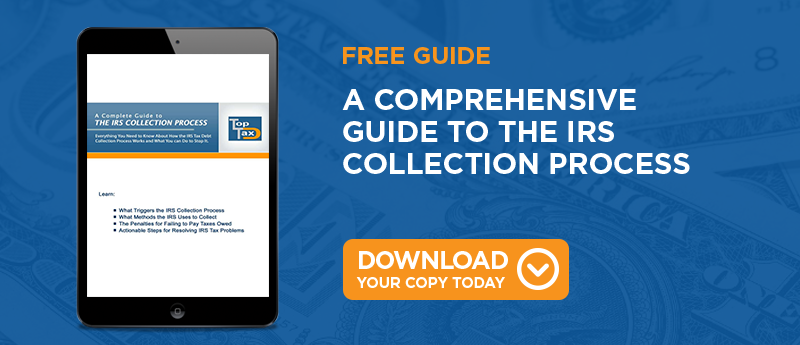
When you own and operate your own business, you'll have to deal with many financial concerns over the years. Some of these issues could pose a real danger to your company, especially if they affect your ability to take on new clients or deliver your products to customers. One way to avoid many of these problems is to hire a qualified financial professional to shoulder some of your responsibilities for you. Both accountants and tax attorneys can be of great help, but how do you know which professional to hire? Here's a quick overview of the differences between the two.
What is an Accountant?
An accountant is a financial expert who performs general ledger duties and tax preparation. Typically, an accountant has a bachelor's degree or, in some cases, a master's degree in the fields of accounting or finance. The bulk of an accountant's work experience involves the general ledger, which includes calculating a business' bottom line and recording the assets and liabilities. Accountants may also perform some bookkeeping tasks, such as reconciling bank statements and keeping up with monthly expenses for income tax reporting purposes.
Certified public accountants (CPAs) are highly trained accountants who perform additional services such as financial advising and retirement planning. CPAs must pass an extremely strict state examination in order to receive their certifications and then must re-certify every few years in order to maintain their licenses. They often attend continuing education courses on a regular basis to refresh their knowledge of tax and financial matters.
What is a Tax Attorney?
Tax attorneys are both financial and legal experts. These professionals typically have finance or accounting degrees, in addition to degrees in law. They are practicing attorneys who concentrate on the legal implications of taxation and accounting. Tax attorneys are qualified to perform all of the services of accountants, but they can also serve as legal counsel. In order to obtain licenses to practice law, these professionals must pass the state administered bar exam. They must also take further courses to keep their licenses current. Some tax attorneys are also certified public accountants.
Who Should I Hire?
Depending on your circumstances, you may need both of these experts at some point during the operation of your business. If you're in need of help to calculate your income statement or to prepare your income tax return, then an accountant would offer all of the assistance you need. However, if you're dealing with a financial matter that has legal implications, such as a payroll dispute or provide IRS audit defense, then you'll need the services of a tax attorney.
Both accountants and tax attorneys offer valuable services and tax advice for a small business owner. If you avail yourself of their expertise, you may be able to avoid many of the common financial issues that could sink your business.




